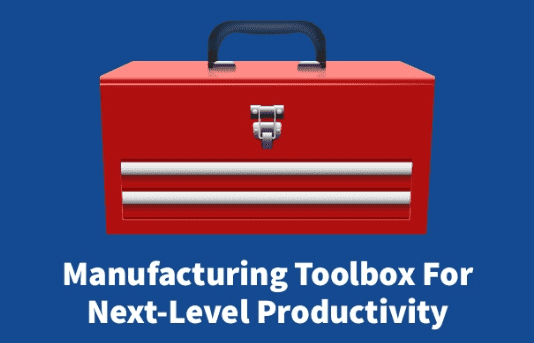
More

August 29, 2025
Modified Agile for Electronics Development: A Smarter Path to High-Value Solutions
Modified Agile for Electronics Development Electronics development has never been more complex—or more critical. Traditional waterfall methods often slow teams down with long cycles, costly redesigns, and missed deadlines. While software teams have thrived with agile, hardware development requires a different approach. This white paper introduces the Modified Agile for Hardware Development (MAHD) Framework™, designed specifically for electronics teams. By adapting agile principles to hardware’s unique challenges, MAHD enables faster timelines, reduced risk, and higher-value solutions. If your organization struggles with shifting requirements, late-stage changes, or cross-disciplinary silos, this guide provides a smarter way forward. Why Download This White Paper? Understand why traditional methods fall short and how hardware-specific agile solves the challenges waterfall and “faux agile” can’t. Get a clear introduction to the MAHD Framework™, a proven model that accelerates development by 25–50% while reducing costly risk. Learn practical strategies and tools—from system-level user stories and tailored prototyping to Altium’s solutions for agile electronics success. What You’ll Take Away: A framework purpose-built for hardware and electronics – not a software agile retrofit Practical methods to reduce wated effort, improve predictability, and accelerate time-to-market Real-world examples of how electronics teams can align strategy, execution, and customer…

April 15, 2020
Manufacturing Toolbox for Next-Level Productivity
The story of the manufacturing industry has been one of progress. Few manufacturers continue to produce the same products as they did in their infancy years. In order to remain competitive, manufacturers must continue to evolve their products to meet the demands of the marketplace. But meeting consumer demand is only half the battle — the other half is staying up to speed with industry advancements. New technology brings a host of changes that manufacturers must recognize. For example, increasing dependence on automation leads to the need for more skilled workers who understand these advanced systems. If workers cannot adapt successfully, organizations could find themselves struggling to keep up with the rest of the industry. To remain competitive in this dynamic environment, organizations should have several tools at their disposal that go beyond the physical equipment and technology innovations used in their facilities. These tools are ideas manufacturers can keep in their toolbox and use to produce next-level productivity. For example, one tool can be an investment in regular maintenance, which can ensure that machinery stays in service for as long as possible. This results in higher productivity and fewer costly downtime periods. For more ideas manufacturing companies should keep…
